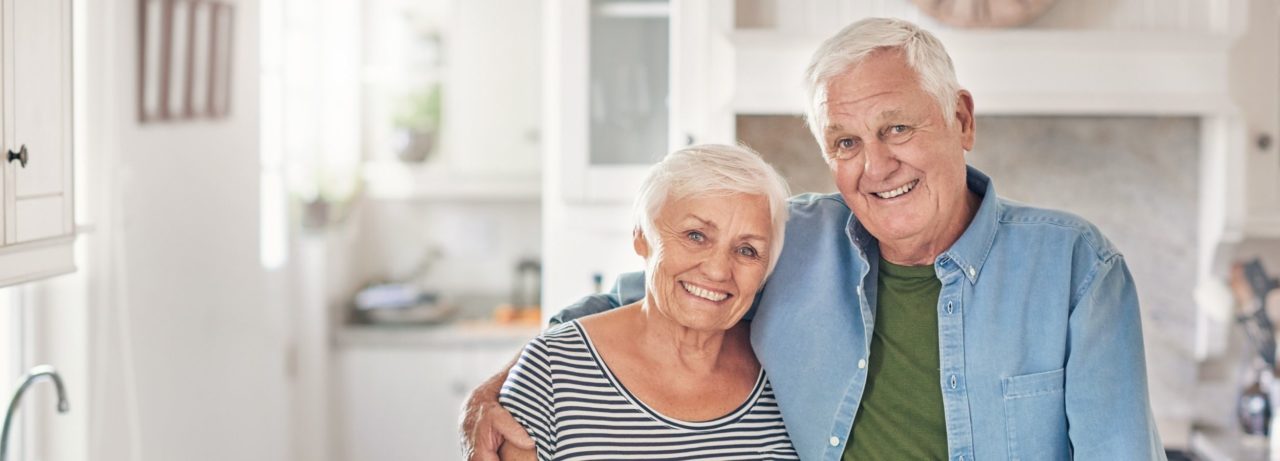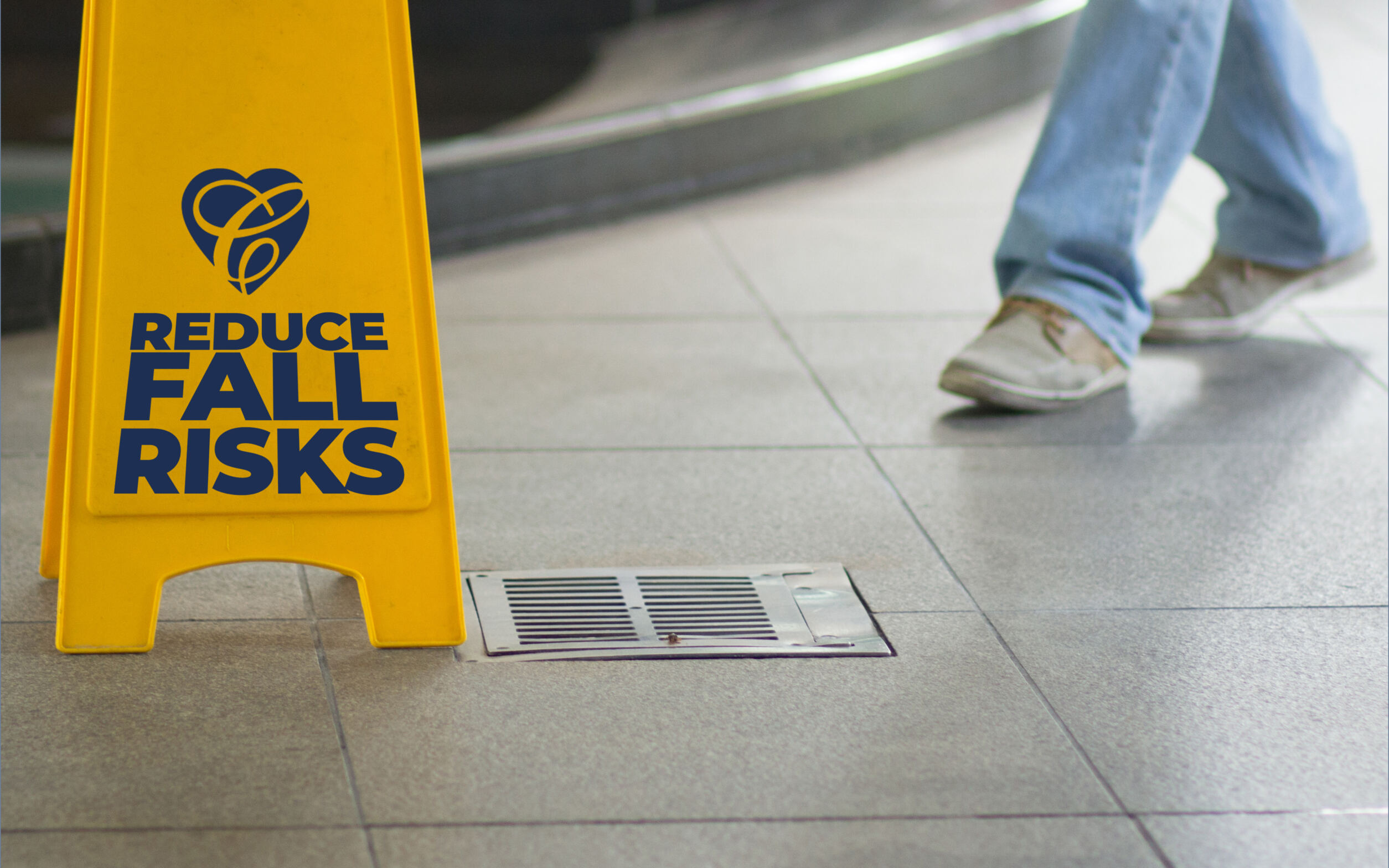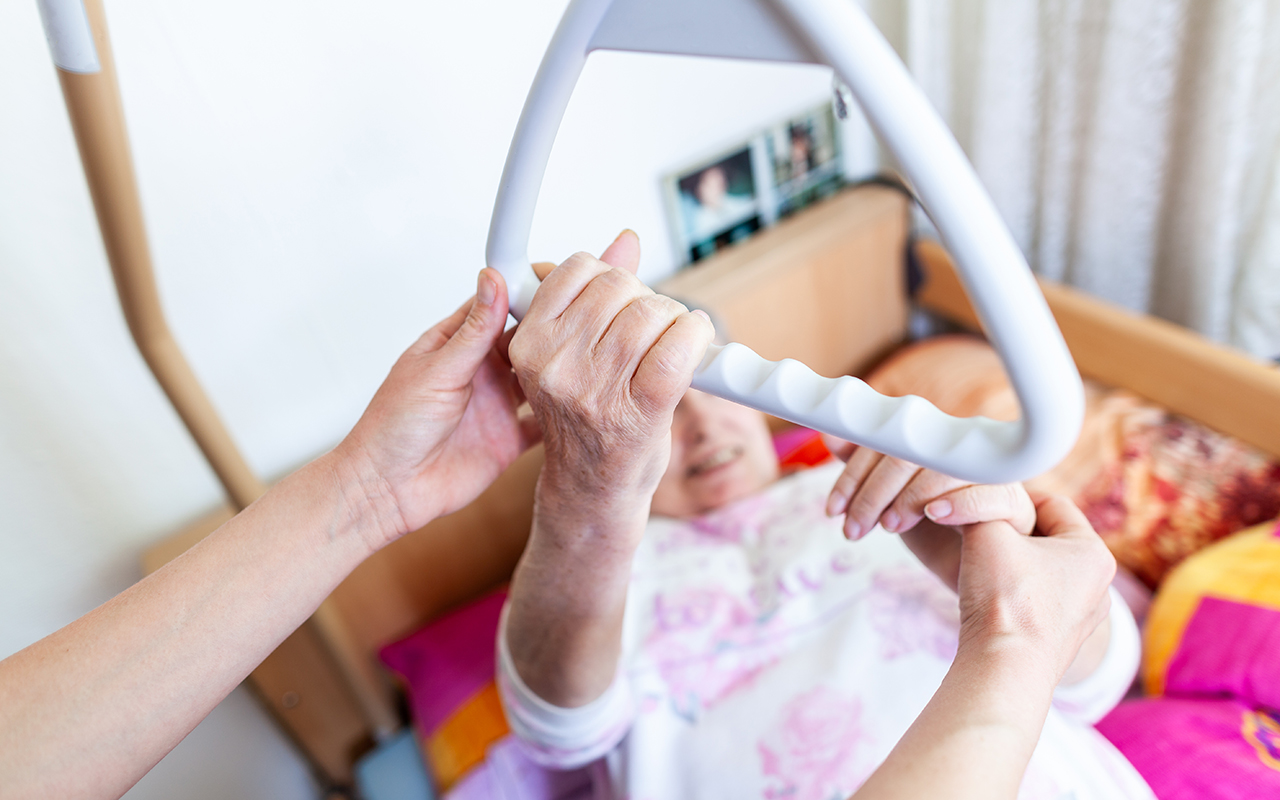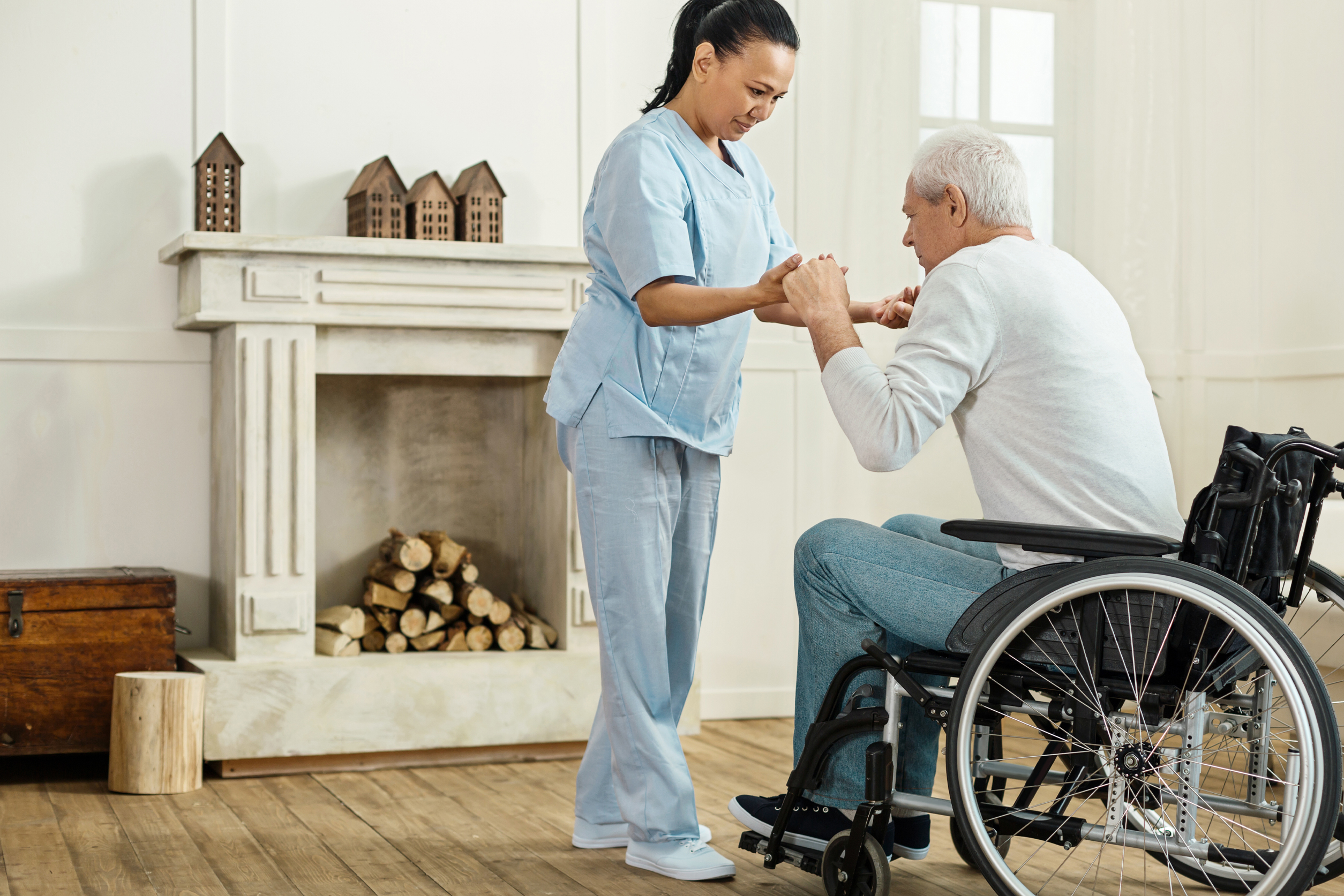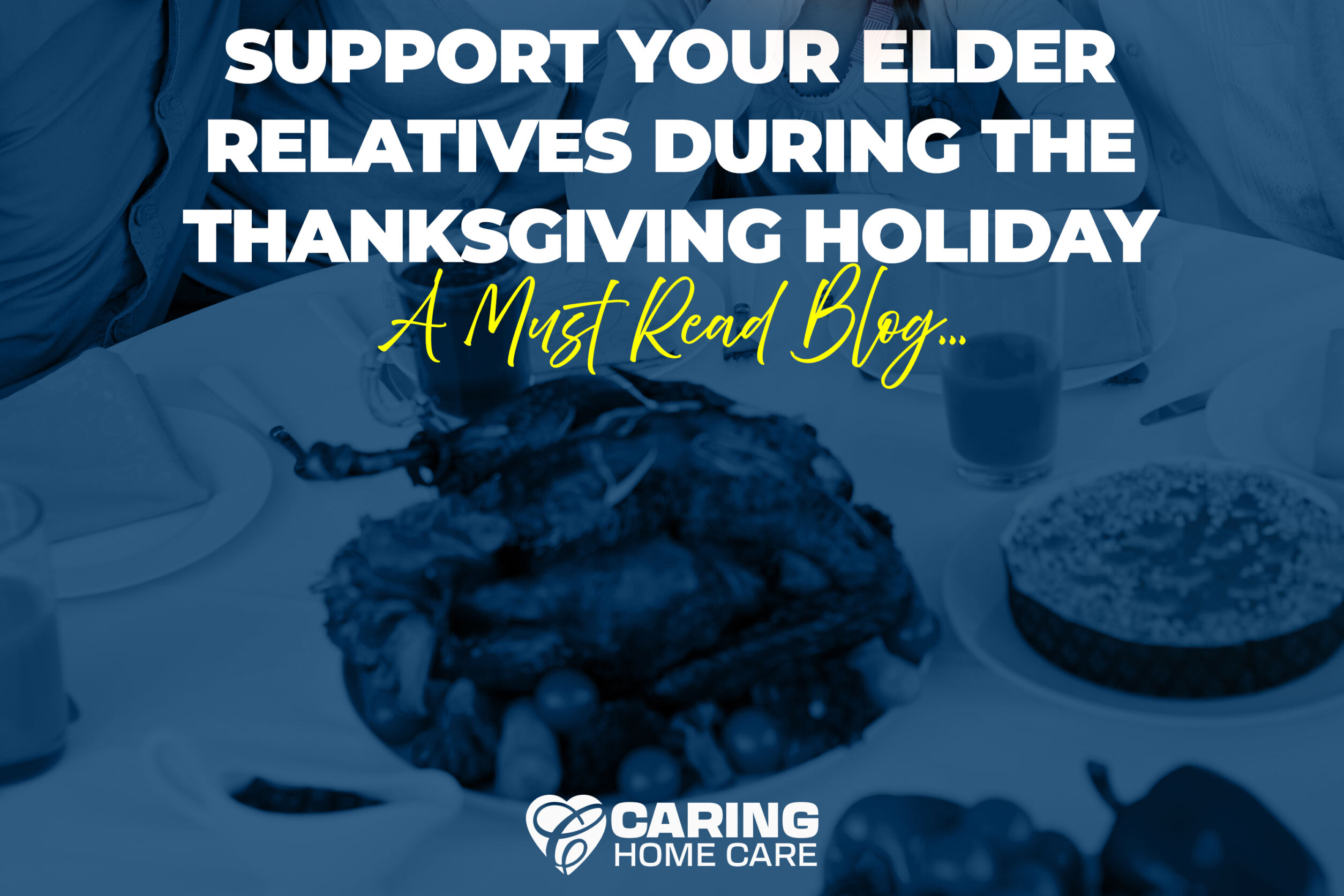Share
As our loved ones gracefully age, we may need to reassess home safety, which includes kitchen safety.
Many seniors use the area to socialize as well as prepare meals. While your aging loved ones may still have the energy to make special recipes, they may face new hazardous challenges around the kitchen as they continue to age.
Tthe Caring Home Care team has provided some simple steps you can take to help make the kitchen a safer place for your aging loved ones.
Tidy Up and Organize the Kitchen Space
Basic kitchen safety begins with getting rid of all the clutter on the floors, tabletops, or countertops.
Ensure your loved ones have sufficient lighting in the kitchen, so they can see clearly.
Be sure to store any sharp objects and silverware in a safe place. It is also advisable to invest in unbreakable plates, cups, and bowls.
Tips for organizing the kitchen:
- Make everyday items accessible on the counter but also allow room for actual meal preparation
- Keep electronics under the counter when not in use
- Safely store knives instead of leaving them on holders on the counter.
- Review your kitchen plan to see if it is possible to remove cabinets all together to allow for easier access
You might also want to keep kitchen floors dry to avoid accidental falls. Consider using non-slip kitchen mats near sinks to help not only keep areas dry but also decrease fall chances.
Fire Safety
Fires have been identified as the third-leading cause of accidental injuries and deaths at home.
Install adequate smoke alarms now and then, practice fire drills. You may go an extra step and have fire sprinklers installed in your kitchen where applicable and elsewhere around your house. Be sure to have fire-retardant materials and kitchen fabrics for added safety for you and your loved ones.
Additional fire safety tips:
- Once you are done prepping meals, double-check that all cooking appliances are turned off.
- Regularly check for gas leaks and electrical faults.
- Avoid any flowing clothing items in the kitchen as this significantly lowers the risk of the fabric catching fire or latching onto something and possibly causing injury.
It may also be advisable to not keep candles in the the kitchen (or anywhere in the home). Scented plug-ins could be a good alternative option if your loved one wants to mask kitchen scents.
Keep Your Loved Ones Safe with a Caregiver
Supervising your loved ones while they help prepare meals is a sure way to keep them safe. It also means an extra pair of hands is around to help with dangerous kitchen equipment such as knives and fire hazards.
While it may be your intention to keep a watchful eye on your aging loved one, sometimes that option may not be possible with your schedule.
Enlisting the help of a certified caregiver can help to provide not only kitchen assistance but also peace of mind for you and your loved one. Caring Home Care can connect you with a certified in-home caregiver that is available to provide help with meal prep, cooking, cleaning, grooming, bathing and more.
Small Daily Habits That Dramatically Reduce Fall Risk Falls are one of the most common causes of injury among seniors. Even a minor fall can lead to serious health complications, loss of independence, or extended recovery time. The good news is that many falls can be prevented. With the right daily routines, safety can be
How Caregivers Can Reduce Injury While Assisting Seniors Providing daily care for seniors is meaningful work. It can also be physically demanding. Many caregiver injuries happen during lifting, transferring, or repositioning seniors. These injuries are often preventable when proper techniques are used. Learning caregiver injury prevention strategies protects both the caregiver and the senior. It
Why Professional Home Care Is Safer Than Family Only Care Caring for an aging loved one is deeply personal. Many families step in with the best intentions. However, as care needs increase, family only caregiving can become overwhelming and risky. This is where professional home care plays a critical role. Professional caregivers are trained, experienced,
Connecting During the Thanksgiving Holiday: How to Support Your Elder Relatives The Thanksgiving holiday is a time filled with warmth, gratitude, and meaningful family traditions. However, for many older adults, it can also be a period of loneliness or emotional distance. This is especially true for seniors who live alone, have limited mobility, or are
Need A Caregiver? Fill Out Form Below
With our competitive rates, we make receiving in-home care affordable regardless of whether you’re using your insurance or paying out of pocket.

